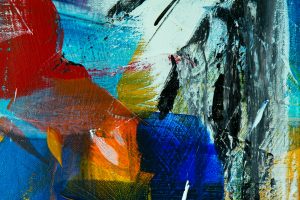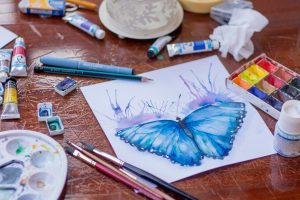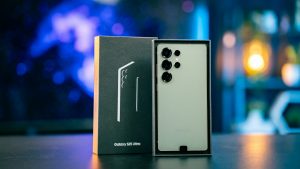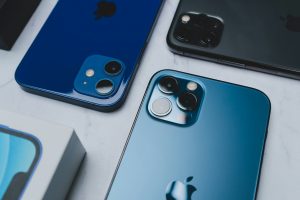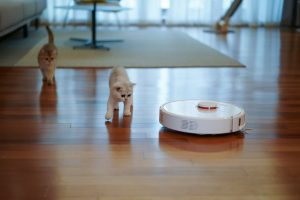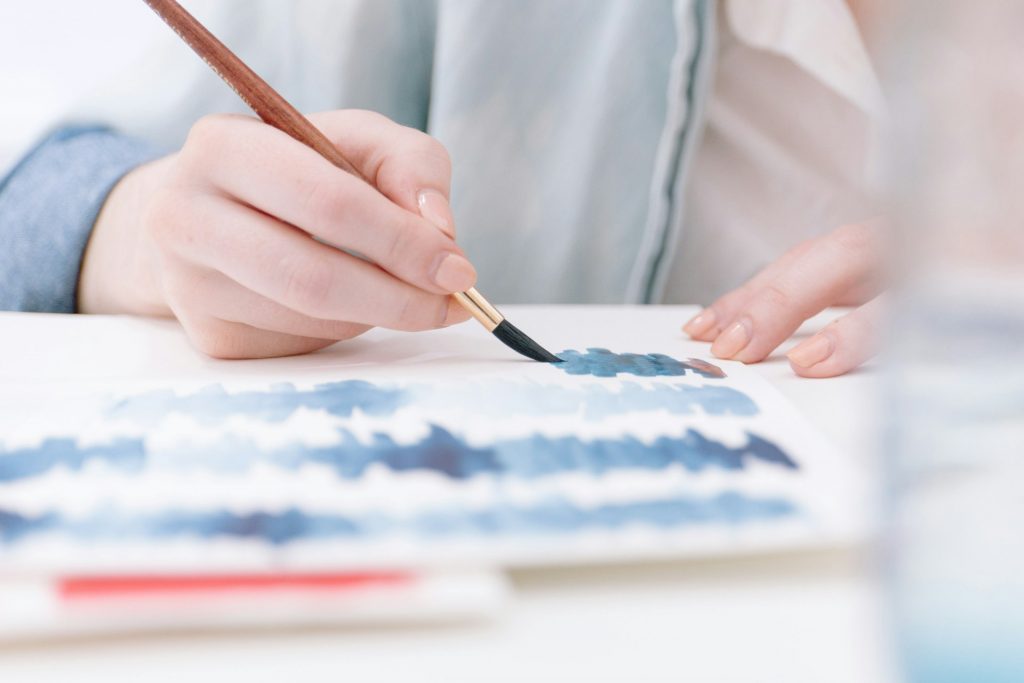
Düsseldorf—This Friday, the Kunstsammlung NRW will open a photo exhibition by the artist Lars Eidinger. In the evening, the Berlin-based artist will also perform as a DJ, alongside DJ Hell, at a rave.
Lars Eidinger prefers not to be photographed. This preference stems more from his reserved nature than any celebrity airs. His gaze, almost shy, sweeps across the gathered cultural journalists who are critically observing his first monographic exhibition at the Kunstsammlung NRW. Dressed in black Crocs and a hoodie, with slightly disheveled hair, he appears to want nothing more than to avoid standing out.
The focus is meant to be on his photographs, but also on those who view them. The exhibition is titled “O Mensch,” inspired by Nietzsche’s famous poem, and like the philosopher, Eidinger is concerned with self-awareness and the connection to the subconscious. “I don’t want to preach, convert, or explain the world,” Eidinger says, “but rather encourage people to question who they are.”
Lars Eidinger’s exhibition will open on Friday, August 30, at 7:00 PM and will be on display until January 26. After the exhibition opening, Eidinger and DJ Hell will host a rave at K21. Admission to both events is free.
A sneak preview will be held starting at 4:00 PM for students, providing an opportunity to engage with the artist. Additionally, a signing session with Lars Eidinger will take place on Saturday, August 31, from 2:00 to 3:00 PM.
Born in Berlin in 1976, Lars Eidinger is regarded as one of Germany’s most significant actors, known for his roles in films such as “White Noise” and “Mack the Knife – Brecht’s Threepenny Film,” as well as his performances on the theater stage. He is a member of the ensemble at the Berliner Schaubühne and also regularly performs as a DJ.
Most of the approximately 100 exhibited photographs and videos were taken by Eidinger using his “phone.” He avoids the term “smartphone,” as he finds it as misleading as the term “social” in social networks. In protest, he has since deleted his Instagram account, where his images were initially shared. However, the phone offers a significant advantage: since it’s always with him, Eidinger doesn’t search for subjects; he discovers them.
A surreal-looking Mickey Mouse mascot by Lake Geneva. The imprint of a lighter on the bare back of a sleeping person. A deflated rubber doll, carelessly discarded in the trash alongside orange peels on which it lies. A man almost disappearing into the phone he’s staring at. Eidinger shows the world and its people as they are—often overwhelmed, frequently contradictory, and rarely beautiful.
The images are complemented by three-line verses in the style of Japanese haiku by the Berlin-based poet Yoko Tawada. “She drank Vodka Orange alone in the bar,” she writes, referring to the discarded sex toy. For the photo of an apparently closed nightclub, she writes: “Faded are the distant years when you danced without an audience.”
